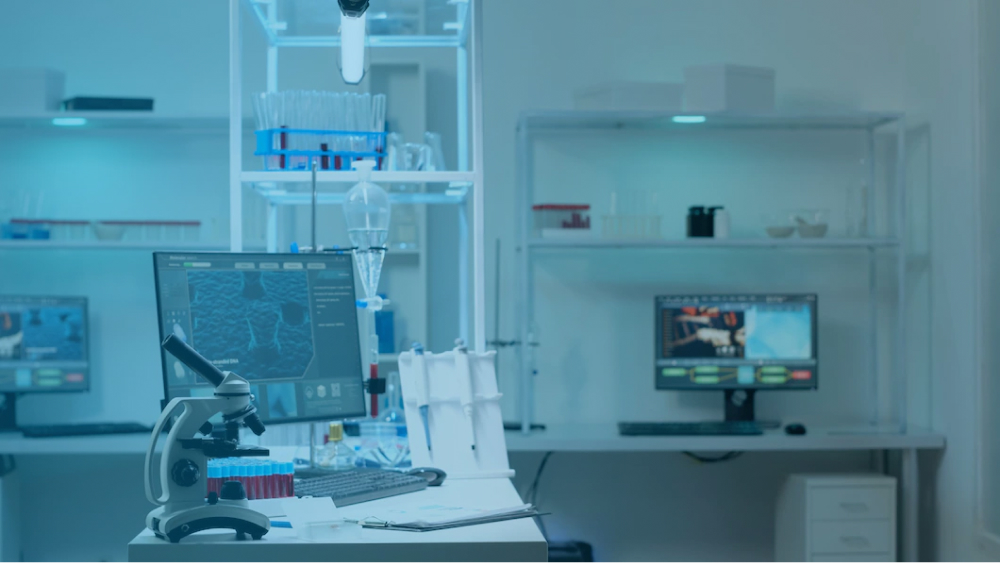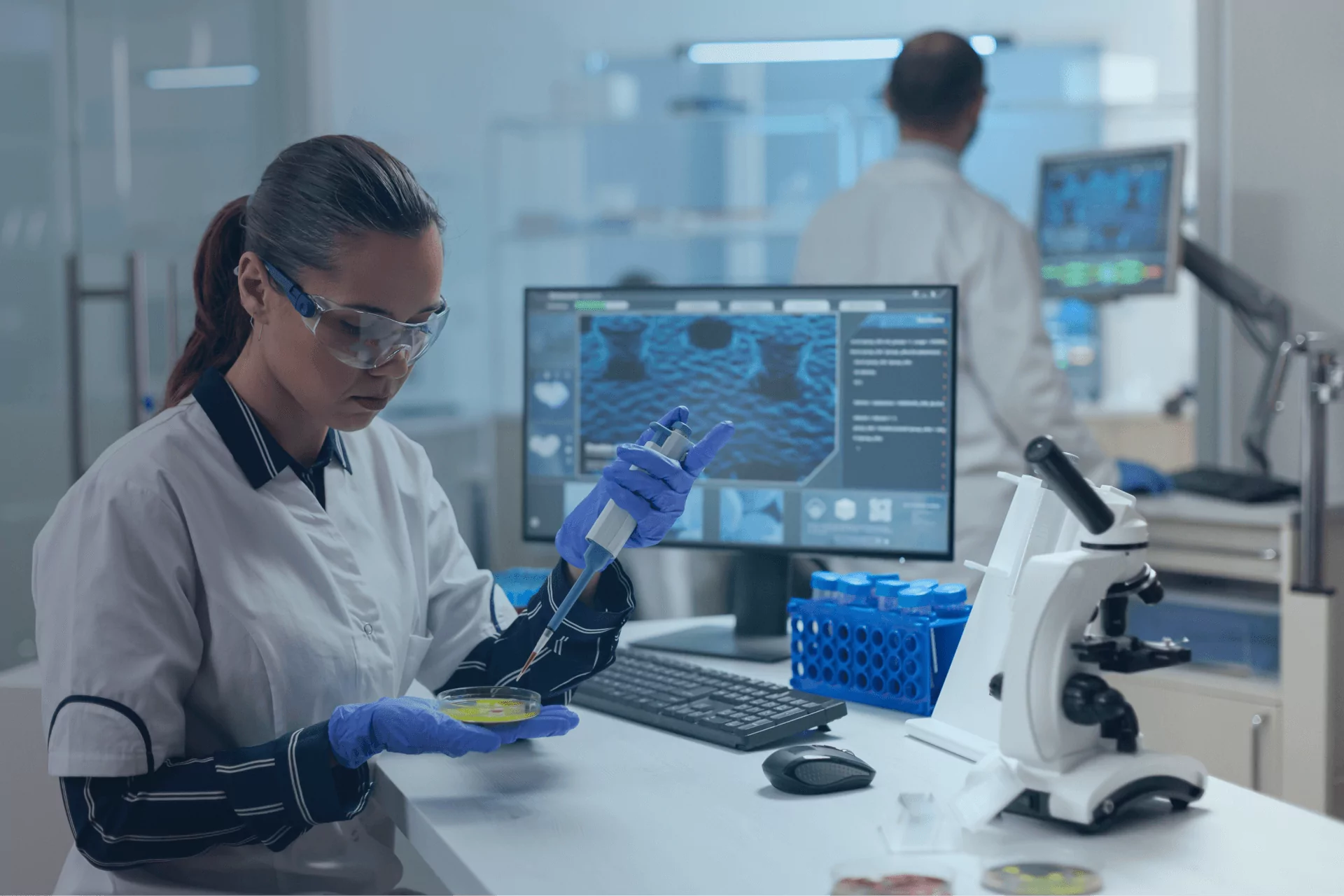CRM platform for facilitated caregiver-patient cooperation

Private clinics that provide medical and health-related services are dealing with complex internal operations. These include HR processes (hiring, supervising, training, firing), appointment scheduling, patient assistance, day-to-day bureaucracy, resource allocation, and more.
One of those operations also includes assistance with medical insurance.
But how do most private clinics cover processes related to medical insurance and how do they interact with according institutions?
Most often, these clinics don’t utilize reliable networks to organize routine processes like medical data entry. This means, healthcare providers don’t have the tools to provide insurance companies with the data needed, which, accordingly, results in financial and reputational losses, as well as low customer satisfaction.
The problem with covering medical insurance
Certain specific health-related services are often hardly accessible or unavailable to low-income social groups. For this exact reason, there are private and state programs that support affected individuals and cover necessary interventions.
Some federal state programs including Medicare and Medicaid have made significant investments to represent their role in the healthcare ecosystem and increase health awareness among communities and individuals. These are a division of the United States HHS Dept. and enhance social welfare, social protection and accessible social insurance.
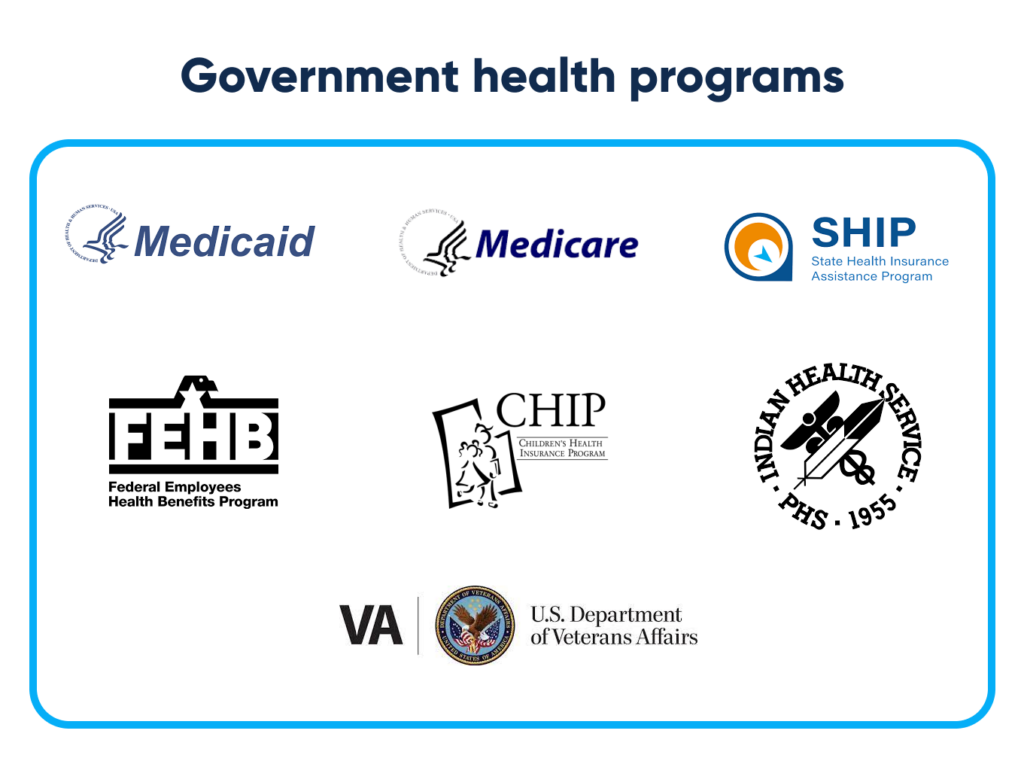
Government health programs. By Abto Software
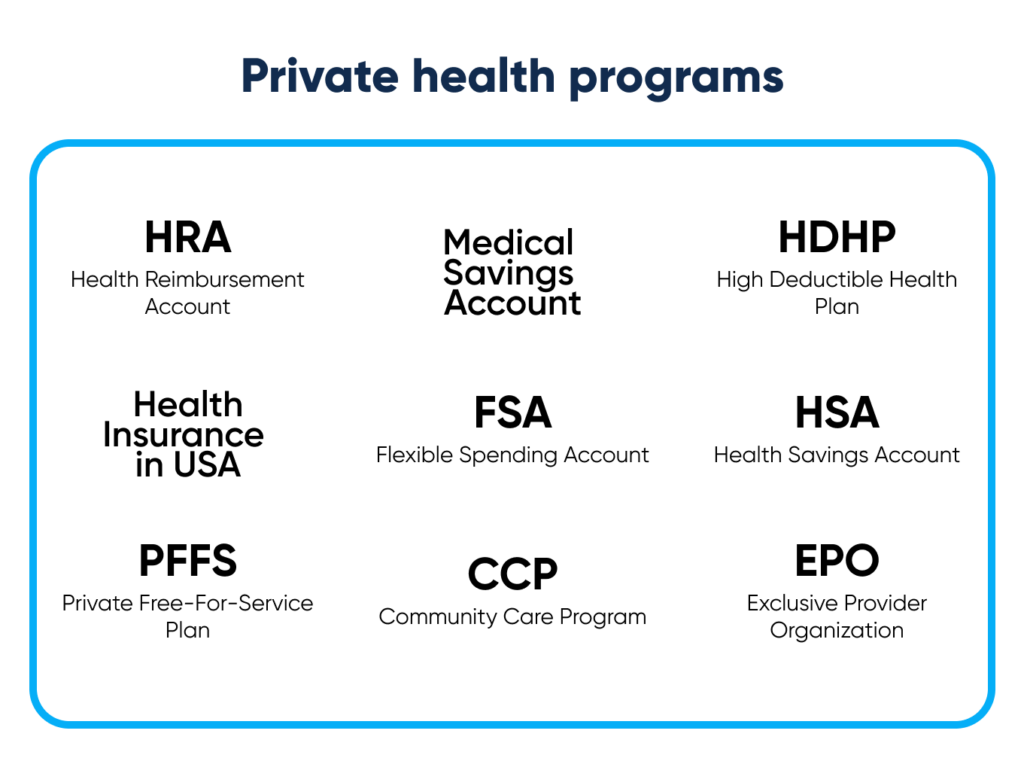
Private Health Programs. By Abto Software
Although the mentioned programs have already been around for quite some time, most often, private clinics lack the needed resources to cooperate with the respective institutions in a fruitful way and help their patients. Employee networks utilized by most clinics have only limited functionality and require time-consuming manual data entry.
To help healthcare providers efficiently resolve this problem, Abto Software suggests implementing a custom CRM solution to automate routine processes such as data entry, and contact private or state programs to cover the expenses for some patient groups.
CRM tool to facilitate caregiver-patient cooperation and service
Core functionality
The suggested CRM solution is designed to help healthcare companies provide high-quality medical services. It’s aimed at facilitating data-driven decision-making, saving both financial and human resources, and improving doctor-patient cooperation by automating administrative processes.
As for the business, the most important advantages of such automation include:
- Thought-out allocation of both financial and human resources
- Accurate documentation
- Reduced human error
- Increased customer satisfaction
Key personas of the support system are the caregiver personnel in charge of performing medical services. Utilizing the described platform makes most repeated routines more coordinated and standardized.
| Qualification | Routine |
|---|---|
| Clinical Liaison | Managing data Digitizing documents Planning new marketing campaigns and tracking marketing efficiency Servicing requests of both medical personnel and patients |
| Medical Receptionist | Arranging calls Answering emails Scheduling appointments Filling in and updating medical records |
| Health Service Manager | Gathering and processing essential source data Writing reports Managing budgets Ensuring quality of services Ensuring compliance of services with the medical standards Ensuring compliance of services with the specified regulations |
| Compounding Pharmacy Technician | Investigating patient’s core needs Suggesting treatments Investigating patient drug history Submitting patient drug records |
| Nurse | Assisting clinicians in decision-making Monitoring and administering medication and treatment Updating records Organizing workloads |
| Nutritionist | Entering the patient information into the centralized system Updating the collected information in the patient’s electronic medical record Organizing the stored data Modifying the care plans |
| Home Care Scheduler | Maintain reports related to both staff and patients Updating information of both staff and patients into the central database |
| Health Care Investigator | Auditing and analyzing gathered medical records Conducting investigation and making relative evaluations and conclusions about the service quality |
| Pharmacy Technician | Undertaking necessary administrative tasks (for instance, record keeping) Responding to patient requests and partners Maintaining records (filling in medication prescriptions and orders) Ensuring the appropriate quality of records processed electronically |
| Medicare Part D Specialist (Pharmacy Government Programs Operations lead responsible for delegation) | Ensuring Part D issues are reported and tracked Monitoring both internal and external activities |
| Assistant Controller | Overseeing of fiscal year-end taxes Overseeing Medicare year-end workpapers Reviewing the clinicians’ packages for accuracy Conducting reconciliation (managing incoming insurance statements) |
The described CRM tool ensures the smooth fulfillment of standard, repeated routines to save more resources. Our suggested automation solution facilitates internal multi-step operations, which require the intervention and communication between multiple parties involved that are healthcare professionals, patients, as well as other parties, for instance, insurance companies.
The patient’s personal information gathered, stored and processed in the support system, may include:
- Name, surname, birth date, age, gender
- Contact details
- Height
- Weight
- Intolerances
- Medication
- The name of the attending physician
- Phone number, email address and other contact details of the healthcare provider
- Information about medical insurance
- Information about other clinicians providing services
Of course, as specified by the GDPR regulation, the gathered sensitive data should be kept safe and secure guaranteeing non-disclosure.
Simplified cooperation with both private and state programs for accessible medical insuring
The stored and processed electronic records might include personal information, food and other allergies, medical and medication history, medical notes, and other relevant information regarding patient or provider. This information can then be used to create and implement service and marketing plans, manage budgeting, and cooperate with both private and public programs that provide health insurance for individuals.
Our toolkit is designed to simplify and improve caregiver-patient cooperation by automating routine processes. It does also serve as an efficient means for communication and collaboration with institutions that provide medical help to those affected individuals in need, for example, the Medicare and Medicaid state agencies. These programs are aimed at improving the quality and accessibility of long-term healthcare services, increasing overall health awareness, as well as assisting healthcare providers and overwhelmed medical staff. However, the fruitful cooperation with the named institutions requires either great investment or introduction of the right tools.
The solution allows companies to search for matching healthcare programs and contact respective agencies. This way, medical professionals can provide their patients with the necessary services no matter whether they are able to pay for those by themselves.
By implementing the custom CRM platform, the clinic:
- Reduces or eliminates manual data entry
- Saves resources, both financial and human
- Simplifies the routine process of receiving and sharing medical records
- Simplifies cooperation with both private and governmental programs
We suggest to display medical records and relevant healthcare programs in form of tabs in the CRM system. Connecting to official resources and gathering relevant information can be done using API connection.
There are two variants of using the platform:
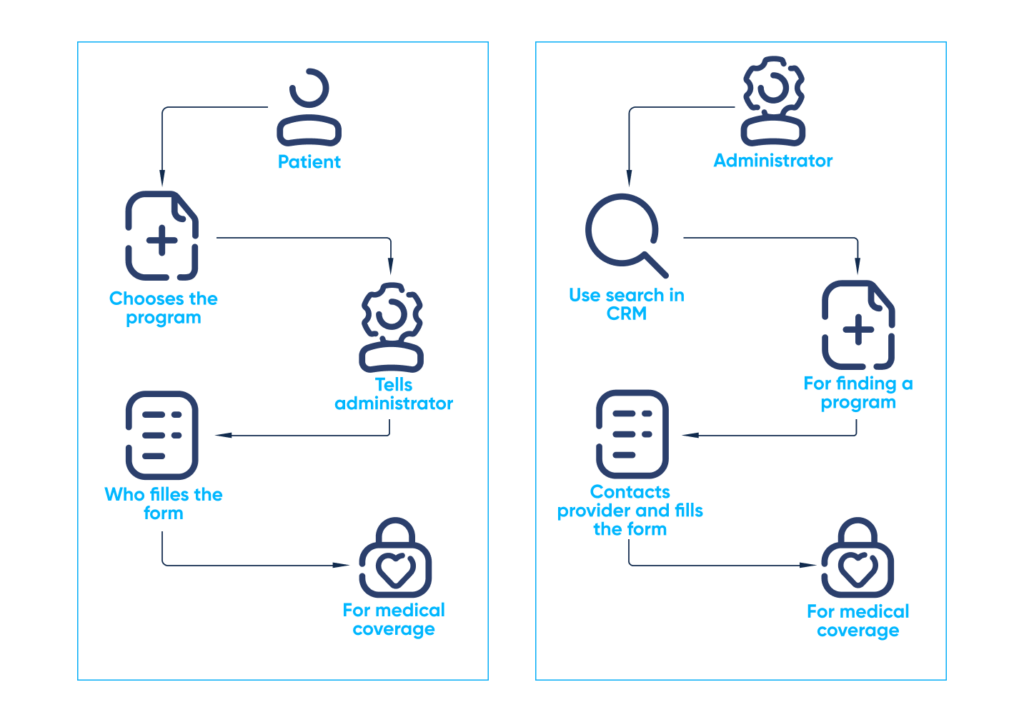
Picking medical insurance program. By Abto Software
- The patient independently chooses the program that meets his needs and notifies the administrator, who then fills out the form of contact to obtain a guarantee of coverage
- The administrator (or receptionist) uses the advanced search to find matching programs, which cover the necessary medical services and contacts the agency to receive a confirmation of coverage
This way, all processes associated with medical insurance and the free coverage of necessary medical services are reduced to the quick search of the matching program and automatic data entry within the CRM system.
Abto Software’s healthcare expertise
Our company delivers custom healthcare solutions, which improve medical services in any setting imaginable. With experience in AI, ML/DL, NLP, computer vision, HTR & OCR technology, and other cutting-edge techniques, we provide business benefits that make the difference.
Our areas of expertise:
- EMR / EHR systems
- ERP platforms
- Mobile solutions
- Data Warehouses
- Data Source Integration
- Document Workflow Automation
- Computerized Laboratory Inventory Management
- Sanitary Control
- NCPDP standard Medical Claim Form Handling
- HIPAA Compliance
Contact us to get your custom CRM platform and accelerate business growth!
